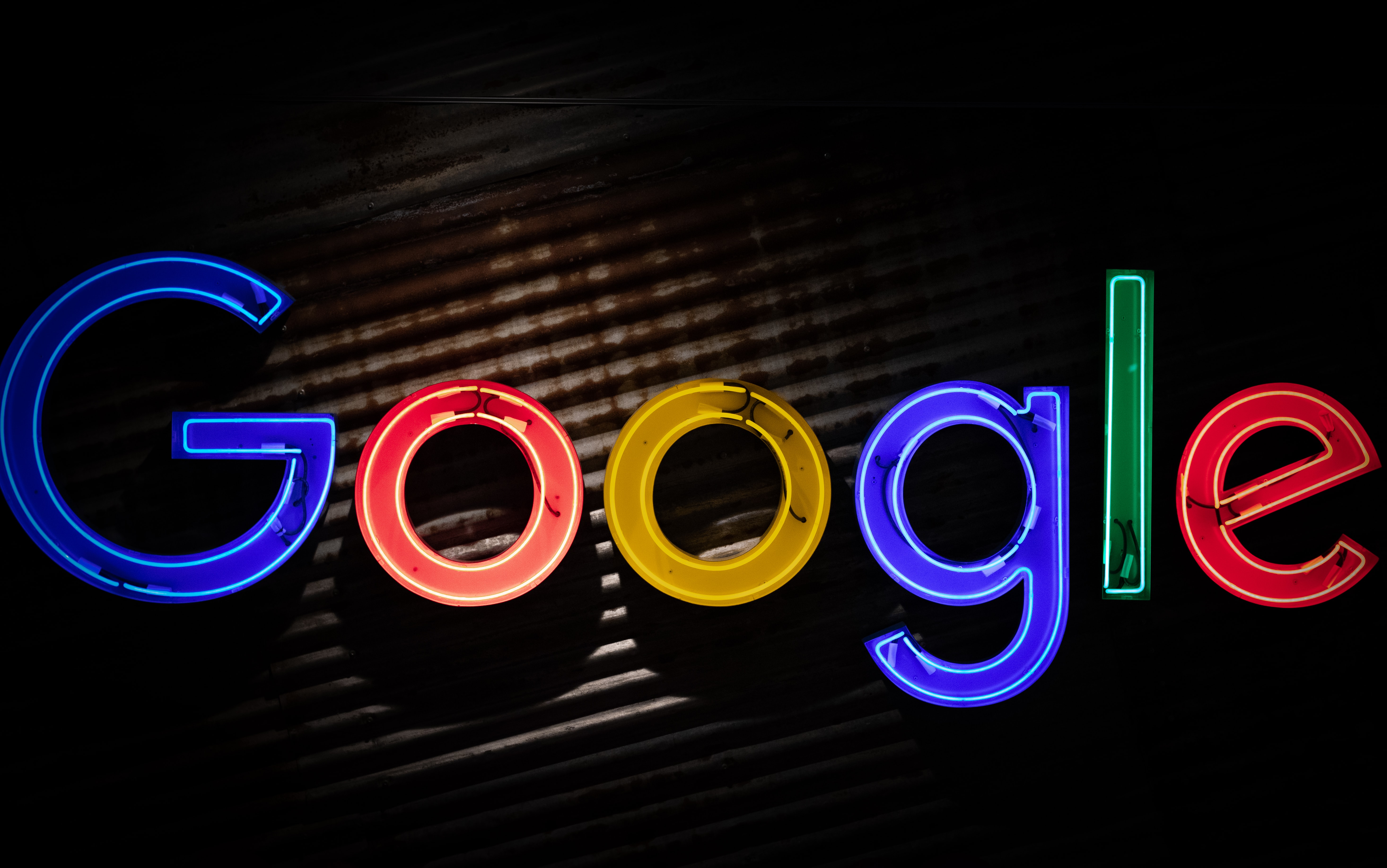
A brand can be so influential it surpasses being just a brand. You don’t search the internet for something, you Google it. You might Photoshop an image. Brand names have become intertwined with our language and some are replacing the generic terms altogether.
It’s not just digital companies either. Velcro, for example, has become so synonymous with ‘hook-and-loop fasteners’ that Velcro launched a campaign in 2017 to discourage the use of ‘velcro’ when referring to similar products. Brands can go from being a simple household name to so much more.
Why do Some Brands Become Verbs?
Amazon is the most valuable company in the world, yet you don’t ‘Amazon’ instead of shop online. To become a verb a brand has to be unique and special and has to excel at whatever it was made for. Purpose-based brands are the most likely brand names to become verbs.
Google was created for finding information online and it does it better than any other company. As companies grow and become more of a household name, their influence grows and they begin to crop up in pop-culture.
As you know, Google was created with one purpose in mind: helping its users find what they are searching for. As Google grew in the early 2000s it was mentioned more and more in pop culture. Buffy the Vampire Slayer, for example, was the first American TV series to use the brand as a verb in 2002, 4 years before the term ‘googling’ was added to the dictionary.
There are dozens of brands that became verbs - Hoover, Biro and Chapstick just to name a few. The thing these items have in common is purpose. They all serve a purpose and do it better than anyone else and as a result, they became synonymous with their product.
The Positives & Negatives of Becoming a Verb
Anthimeria or antimeria is the use of a word in a new grammatical form, usually using a noun as a verb. If this happens, it is usually a sign that your brand or product has become a household brand and chances are you are dominating the industry. However, when your brand does become a commonly used noun or verb, trademark and brand dilution issues are sure to follow.
Google, for example, has faced a plethora of issues. Google’s prominent brand recognition means they have become synonymous with search engine services. When Sweden's National Language Council planned to add the term "ogooglebar" (meaning ungoogleable) to its list of new words in 2013, Google had to step in and request the term only relates to searches on Google itself. In the end, Sweden's National Language
Council decided against adding the word at all.
Genericide
Did you know that Bubble Wrap is not a generic term? It is actually a brand of sealed air packaging made by the Sealed Air Corporation. The specific brand Bubble Wrap has somewhat faded into obscurity among all of its competitors and has become just another brand of Bubble Wrap. This is known as genericide and is something that has ‘claimed’ a range of brands over the years.
Genericide is when a brand becomes a victim of its own success. When someone says Hoover, you may think of a Dyson, Shark or Henry. However, Hoover is its own brand that simply became the generic name for vacuum cleaners.
All of this goes to show that marketing done right is essential. We are happy to help with all of your marketing needs - contact us today to Surge your efforts online!